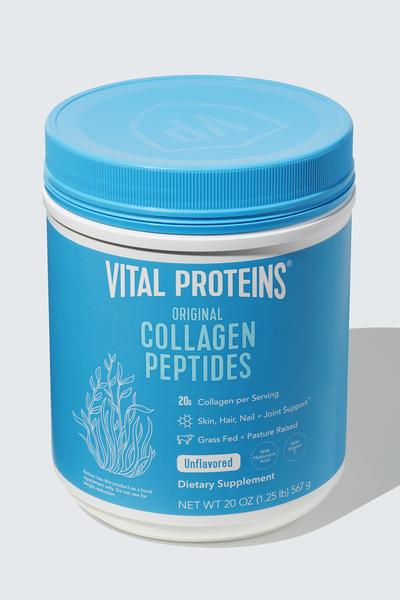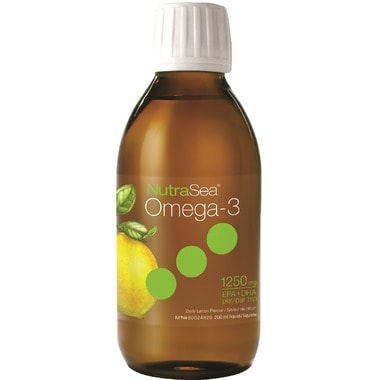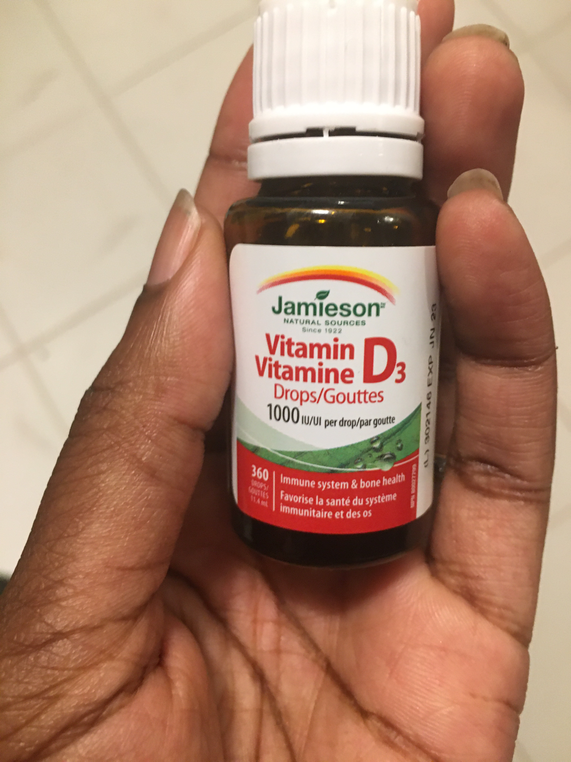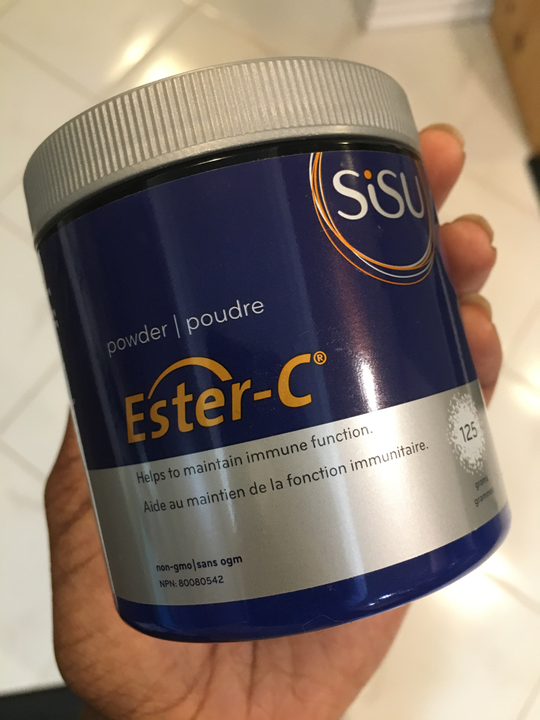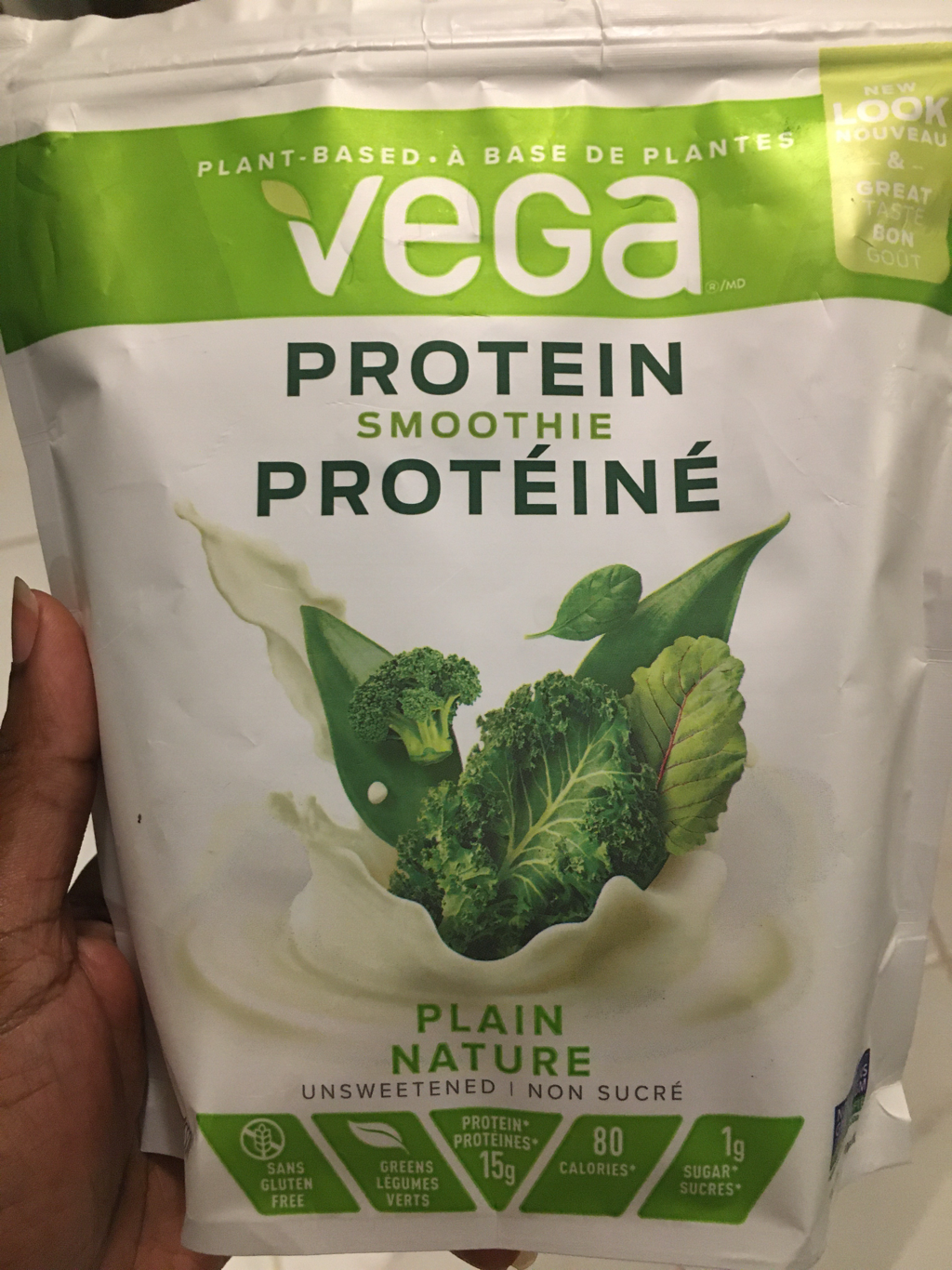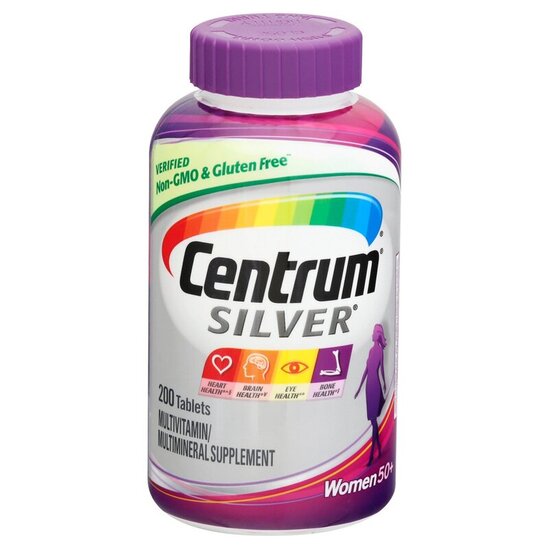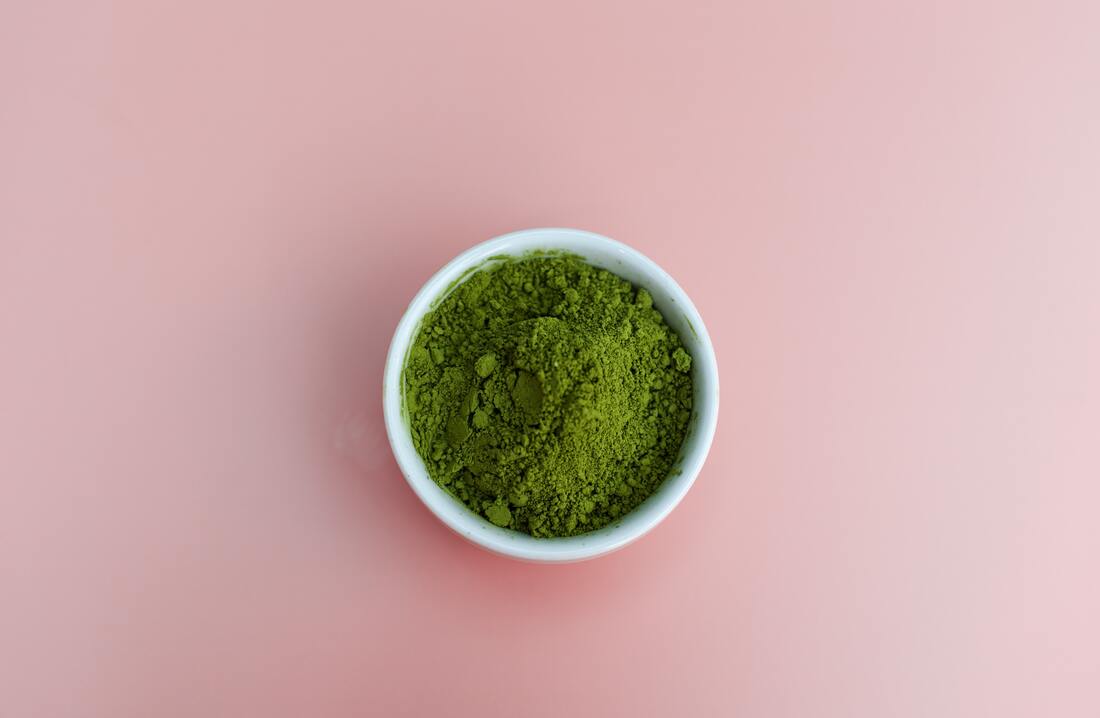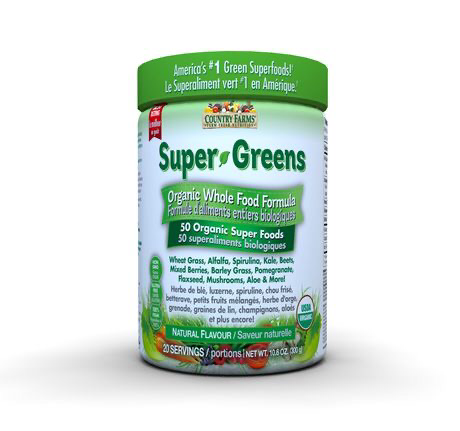|
Now is not the time to get sick. Taking vitamins while maintaining a healthy diet can help your body fight off illness and ailments. But do they really? And if so, which ones should you take? There are so many supplements that it can get confusing. Clients ask me all the time "Should I take this? Or this?" More supplements doesn't equal better. In fact, the more you take the more you're putting yourself at risk. We are meant to consume our nutrients in harmony. For instance, calcium and magnesium work really well together to help strengthen your bones and other bodily functions, but taking large doses together can reduce absorption and cause other problems. But of course you can consume seeds, cheese and yogurt (high in calcium) with pumpkin seeds (high in magnesium) because there are other nutrients involved. If you take out the whole food source and instead consume the vitamin or nutrient in its raw form, it could do your body more harm than good. Just because you take a supplement, it doesn't make you "healthier". Some supplements yield little to no results, while other supplements are still being studied with mixed thoughts depending on the individuals current health. The only supplements I ever recommend are those that have research to back up their claims. Ultimately, getting nutrients from your diet is the best thing to do to prevent an overconsumption of micronutrients. However, today's food doesn't have nearly as many nutrients as the food of the past which is why supplementing can be a great thing. Here's what I suggest for most clients:
This is not a complete list, there are many more (e.g calcium and magnesium) but we'll highlight these ones since they work quite well together if taken at the right dosage and based on individual needs. As always, speak to your doctor first and be aware of interactions with other medications. Collagen or MSMCollagen has been under the lime light in recent years and for good reason! It helps to reduce fine lines of aging, helps with the body aches and pains and is protein based, which is the building block of the body. But the biggest thing about collagen is that is has been proven to be an anti-skin-aging powerful ingredient by reducing fine lines and helping prevent the look of aging. This is because as you get older, you'll have less collagen and struggle to retain what we naturally have, which is why consuming it will have a much greater effect than applying it topically. MSM (Methylsulfonylmethane) is similar, although a lot less heard of. It helps with joints and additionally with hair growth. Instead of being protein based, it is sulfur based and it has been researched to help with osteoarthritis and a number of other ailments although more research is being conducted. Liquid Omega 3I recommend the brand above. Omega 3 (& 6) help with a number of things and can also be consumed through fish and nuts in your diet. Omega 3 & 6 help prevent cardiovascular disease, Alzheimer's and rheumatoid arthritis (RA) and more. "However, the cellular and physiological bases for these benefits remain unclear" (Larson MK, 2011). It is important to only take the recommended amount, as with all supplements, to prevent overconsumption and adverse effects on the body. Taking too much fish oil can lower your blood pressure, increase your blood sugar and even cause strokes, but more studies are needed. Liquid Vitamin D and/or Vitamin CBut you can get vitamin D from the sun! Actually, depending on where you live, you don't! Or at least not nearly as high a concentration as someone living in the Caribbean for instance. I recommend liquid vitamin D because it absorbs more readily and doesn't have fillers like those in pill forms. Vitamin D deficiency is quite common, especially for those living in Canada. Not getting enough leads to a host of problems stemming from not having the immune system function properly to having soft bones, osteoarthritis and more. Those who are at risk are: older adults, obese individuals, people with more melanin, and individuals who have kidney or liver disease. Vitamin C is also great for fighting off the common cold, although this varies on a case by case basis and helps reduce how long the cold may last. Those with kidney disease should not take vitamin C. This is the Vitamin C I use and recommend out of the many other good ones out there. Ultimately, "A balanced diet almost always provides the required vitamin and minerals for the day" (National Institute of Health, 2019). Though I disagree to some extent because the food we consume today are not as nutritious as they used to be. Protein PowderOne of the most well studied supplements and used heavily in the gym and fitness programs. I love protein powder! And I also don't care for it. Why? Because protein is the building block of the body, it helps keeps you satiated, which in turn helps with weight loss and muscle recovery. You don't have to have a protein powder to get you there. Look at it like this, you can take 1 scoop of protein powder with your choice of liquid or eat 2 thighs of chicken or 1 cup of beans. Protein powder is just damn convenient. Make sure to get it from a good source with safe ingredients and no added sugar. I recommend the brand below among the many great ones that are out there: MultivitaminThe verdict is still out on this one, especially considering there is no standard for what makes a multivitamin. However, they are generally considered beneficially if you're not getting all the nutrients from your diet. Greens PowderMost people don't consume enough vegetables. If you're not getting enough greens in your diet you can consider adding this to your smoothie or water. They are chalk full of antioxidants, vitamins and minerals and can help boost your immunity and reduce chronic disease. However, not all are created equal and many can be misleading. This is the one I recommend. It has high quality ingredients and is only $20 bucks! The concern is also that the consumer will have the problematic mindset of "I had my veggie powder so it's okay if I don't have any veggies today." If there's one takeaway I can give, it's always (usually) better to get it from the source rather than a derivative. References:Kim HH, Cho S, Lee S, Kim KH, Cho KH, Eun HC, Chung JH. Photoprotective and anti-skin-aging effects of eicosapentaenoic acid in human skin in vivo. J Lipid Res. 2006 May;47(5):921-30. doi: 10.1194/jlr.M500420-JLR200. Epub 2006 Feb 7. PMID: 16467281.
Larson MK, Shearer GC, Ashmore JH, Anderson-Daniels JM, Graslie EL, Tholen JT, Vogelaar JL, Korth AJ, Nareddy V, Sprehe M, Harris WS. Omega-3 fatty acids modulate collagen signaling in human platelets. Prostaglandins Leukot Essent Fatty Acids. 2011 Mar-Apr;84(3-4):93-8. doi: 10.1016/j.plefa.2010.11.004. Epub 2010 Dec 22. PMID: 21177087; PMCID: PMC3031726. Muizzuddin N, Benjamin R. Beauty from within: Oral administration of a sulfur-containing supplement methylsulfonylmethane improves signs of skin ageing. Int J Vitam Nutr Res. 2020:1-10. National Institutes of Health. “Office of Dietary Supplements - Omega-3 Fatty Acids.” NIH Office of Dietary Supplements, U.S. Department of Health and Human Services, 2020, ods.od.nih.gov/factsheets/Omega3FattyAcids-HealthProfessional/. National Institutes of Health. (2016). Vitamin D: Fact sheet for consumers. Health Information. Accessed on November 6, 2017. https://ods.od.nih.gov/factsheets/ VitaminD-Consumer/ National Institutes of Health, Office of Dietary Supplements website. Fact sheet for health professionals: vitamin C. www.ods.od.nih.gov/factsheets/VitaminC-Consumer/ S Stranges, Nutritional Supplements and Chronic Disease: Bridging the Gap between Myth and Reality, European Journal of Public Health, Volume 30, Issue Supplement_5,September2020, kaa165.1408, https://doi.org/10.1093/eurpub/ckaa165.1408 US Department of Health and Human Services & US Department of Agriculture. (2015). Dietary Guidelines for Americans: 2015–2020. 8th Edition. Accessed on November 3, 2017. https://health.gov/dietaryguidelines/2015/ guidelines/appendix-12/
10 Comments
3/30/2023 12:48:18 pm
Ephuroalabs Collagen Gummies are a game changer! Delicious, easy to consume, and packed with skin-loving benefits. Noticeably improved elasticity and hydration in just weeks. Highly recommend for a radiant glow!
Reply
4/18/2023 02:10:48 am
It helped when you said that magnesium and calcium in a vitamin product would help your body function better. The other night, my best buddy mentioned he was hoping to find vitamin supplements that could boost natural energy and concentrate on his everyday tasks. He asked if I had thoughts on the best vitamin consumption approach. I'll tell him he could consult a trusted health food store as they can provide details about their supplements. I'm grateful for this helpful healthcare tips article.
Reply
4/19/2023 03:22:07 pm
Recently, my mom started catching colds every time the weather changed, so my sister and I think she'd benefit from taking additional vitamins. We're glad you elaborated on how many people have a vitamin D or C deficiency, so we'll talk with our mom about getting her supplement soon. Thank you for explaining why everyone needs additional supplements and vitamins.
Reply
6/1/2023 11:53:57 am
Ephuroalabs Vitamin C Supplements offer a potent and reliable source of immune-boosting vitamin C, providing essential antioxidant support for overall health and well-being.
Reply
7/12/2023 09:53:53 am
vIntroducing Ephuroalabs, your trusted source for holistic health solutions. Discover a wide array of nourishing and sustainable products that support your well-being and empower you to live a vibrant and balanced life.
Reply
7/24/2023 02:13:17 pm
It's good to know that vitamin C is good at fighting off colds. My husband and I decided that it would be a good idea for us to look into getting vitamin supplements to take every day since we both have weak immune systems, so I want to make sure we knew how to pick the right ones. We'll keep these tips in mind once we find a pharmacy to get our supplements.
Reply
George
11/23/2023 07:18:46 am
Being in a northern region, I relate to the struggle for Vitamin D. Your recommendation for the liquid form aligns with my busy schedule. Considering <a href="https://www.amazon.com/NUTRAHARMONY-Vitamin-Complex-11-Supplements/dp/B0BTT3JCTF">B Complex</a> for cognitive support, any studies or experiences on the combined benefits of B-vitamins with Vitamin D and C?
Reply
11/27/2023 01:32:21 pm
As a biochemistry student, I've delved into the science behind my B Complex supplement. Omega 3 and Vitamin D are also on my radar. Any studies connecting B vitamins with cognitive function in students? Curious about potential enhancements for focus and memory.
Reply
Leave a Reply. |
